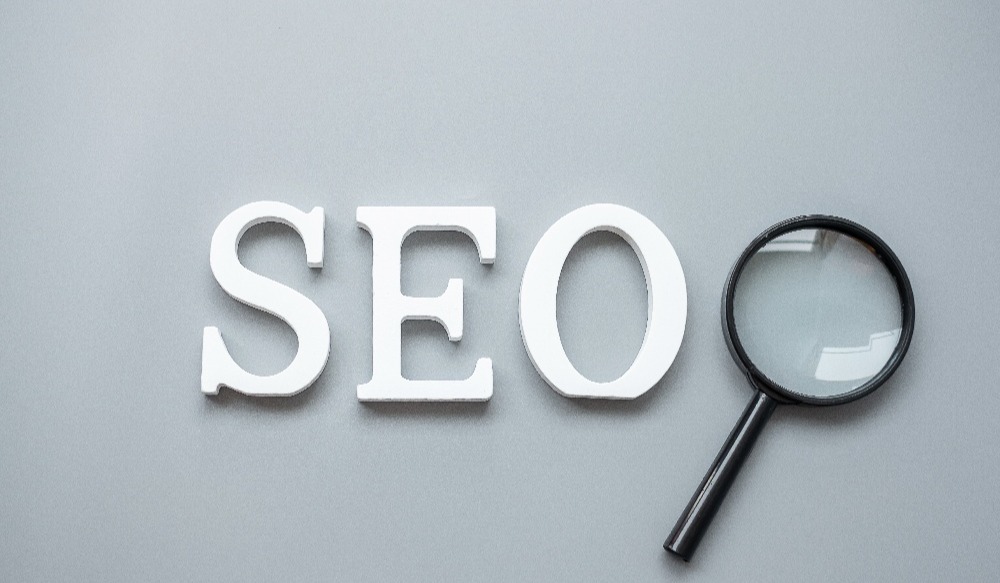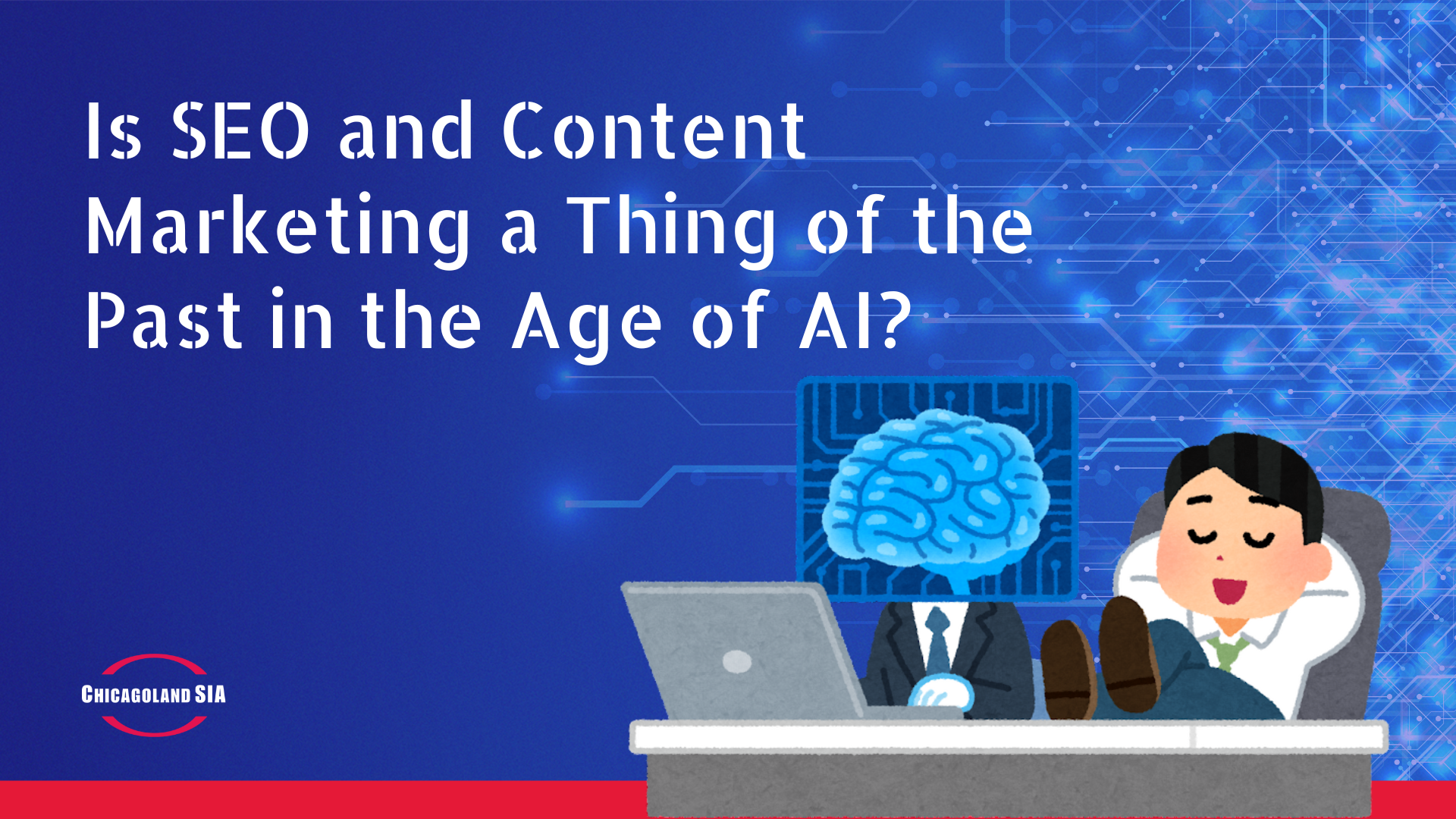Optimize Your Content for SEO with Context and Intent

When it comes to creating content for your website, there are a few important factors to keep in mind if you want it to rank well in search engines. Search Engine Optimization (SEO) is a complex field, but by focusing on three key elements – content, context, and intent – you can give your pages a better chance of ranking highly and reaching your target audience.
Content is King
The first and most important element of any web page is the content itself. Your content needs to be high-quality, relevant, and informative if you want it to rank well in search engines. This means that you need to focus on writing content that provides value to your readers and answers the questions that they may have about your topic.
To create content that is optimized for search engines, you need to understand the keywords that your target audience is searching for. This will allow you to include the right keywords in your content, so that search engines can understand the subject matter of your page. But be careful not to overdo it with keywords – search engines will penalize you for "keyword stuffing".
Context is Key
The context in which your content appears is also important for SEO. This includes the layout of your page, the use of header tags, and the structure of your URL. All these elements contribute to the overall context of your page, and search engines use this information to understand the content of your page and rank it accordingly.
For example, using header tags (H1, H2, H3, etc.) to structure your content makes it easier for search engines to understand the hierarchy of your content and the importance of each section. This can help improve the visibility of your page in search results and make it easier for users to find what they're looking for.
If you are not sure how to add layout elements such as header tags to your content, your website administrator or web developer should be able to provide you with instructions specific to your website.
Intent Matters
The third and final element to keep in mind is user intent. Search engines are designed to deliver results that match the intent of the user's search query. This means that you need to create content that is specifically targeted to the intent of your target audience.
For example, if someone is searching for "how to file an insurance claim," they're likely looking for step-by-step instructions or a video tutorial. On the other hand, if someone is searching for "common insurance claims," they may be looking for what kinds of claims are common in their industry and information on how to reduce their risk. By understanding the intent of your target audience, you can create content that is more likely to match their needs and rank higher in search results.
SEO can be complex, but by focusing on the content, context, and intent of your pages, you can improve your chances of ranking well in search results and reaching your target audience. Remember to create high-quality content that provides value to your readers, structure your page in a way that makes sense to search engines, and understand the intent of your target audience to create content that meets their needs.


